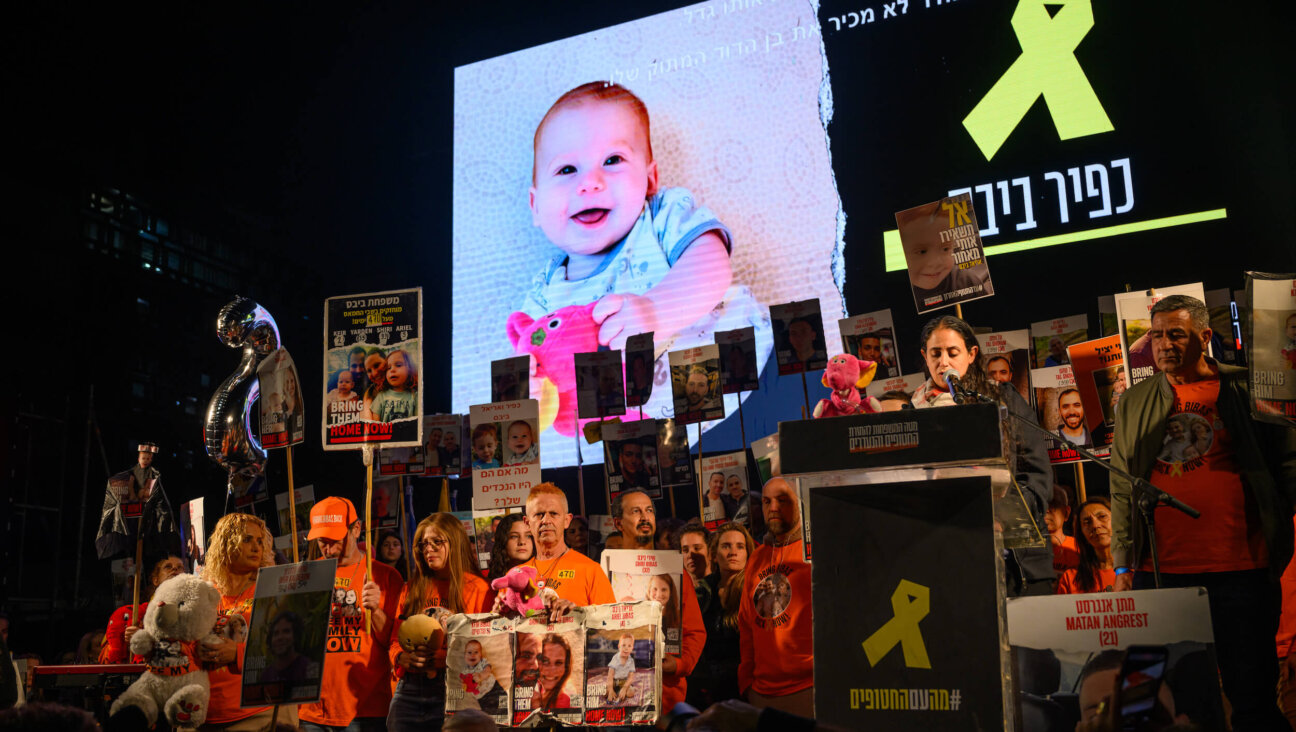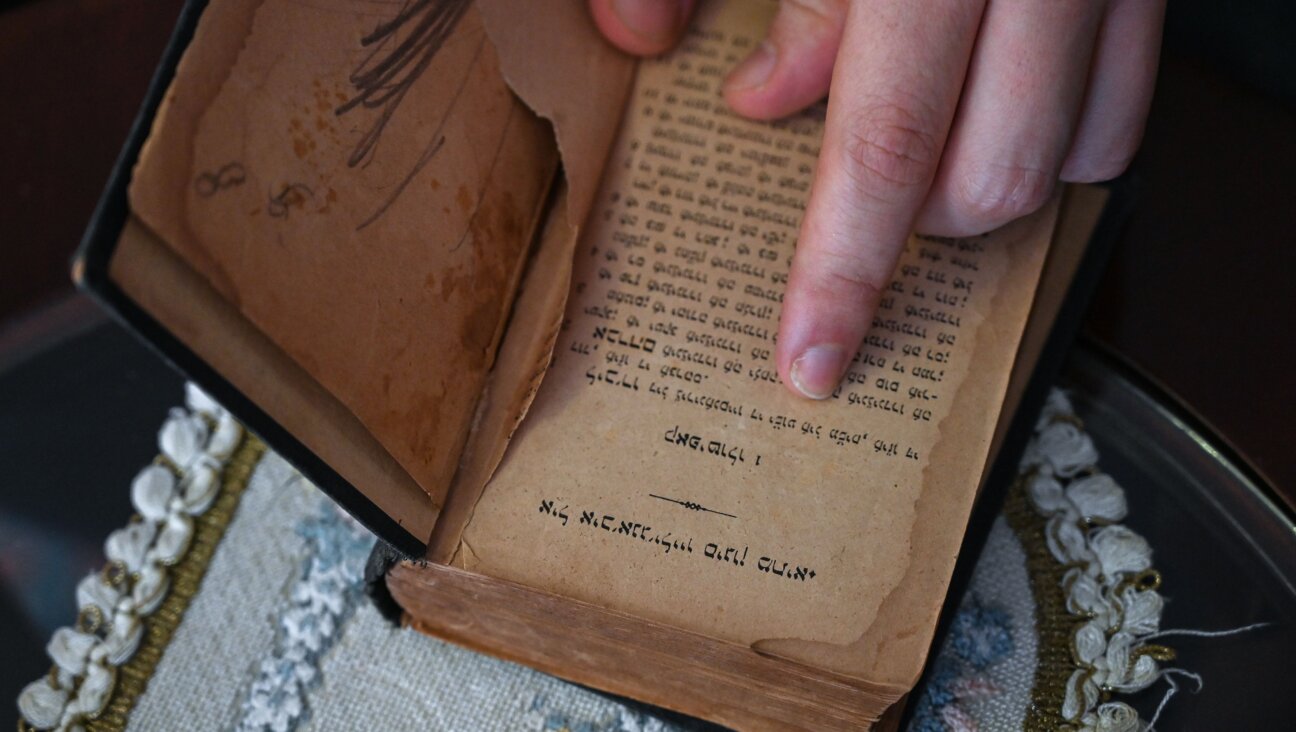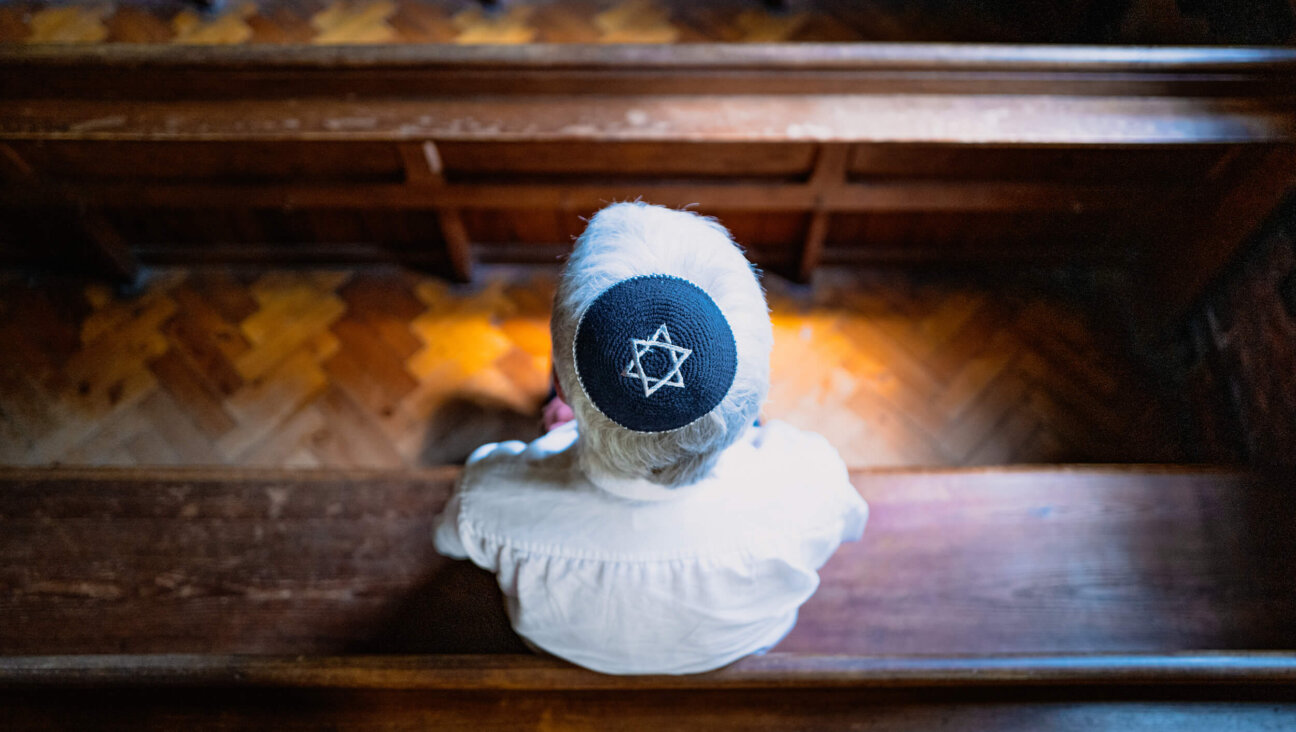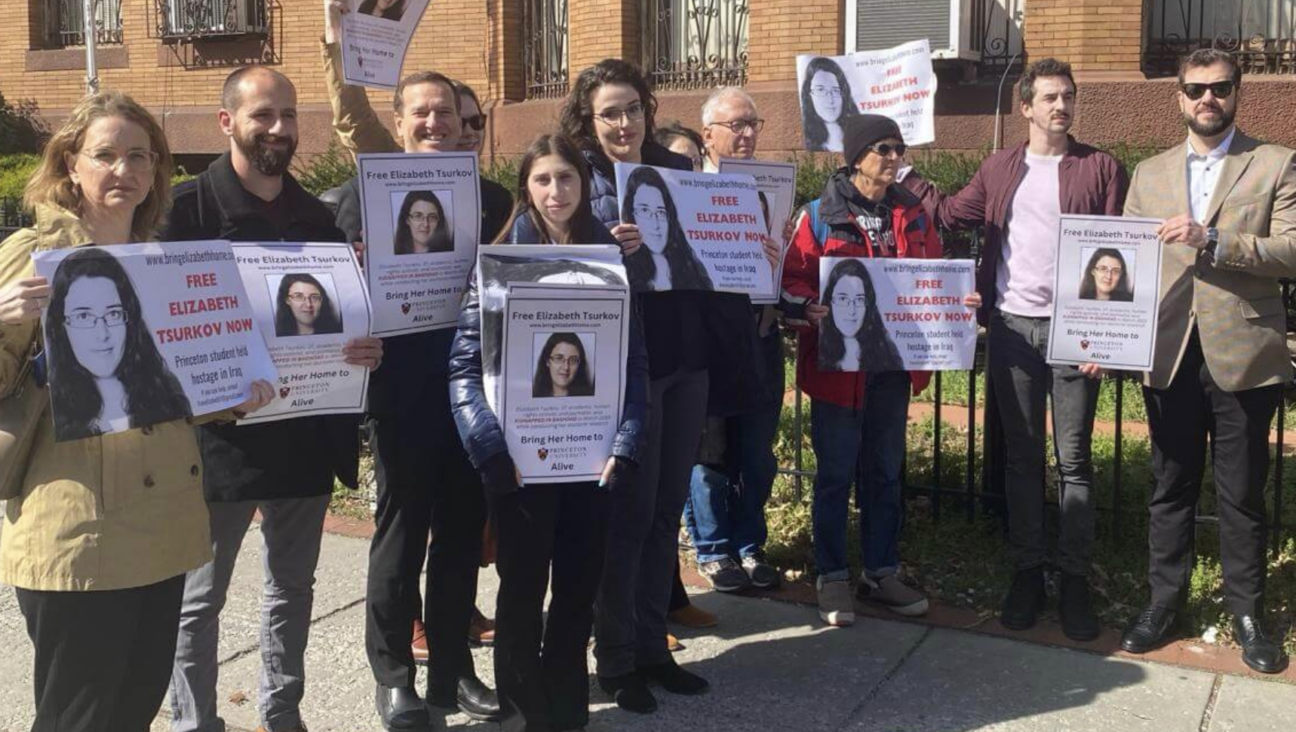So That’s Why They Hate Us
The headline reads, “Bush-Appointed Panel Finds U.S. Image Abroad Is in Peril.”
The Advisory Group on Public Diplomacy in the Arab and Muslim World, a panel appointed by the president, was assigned to find out what people in the Muslim and Arab world think about Uncle Sam. They did their research and concluded that “hostility toward America has reached shocking levels.”
The obvious question is, why? In the search for an answer, one might look into the current role of the United States in Iraq and what our deeds mean to the Arab and Muslim world.
We launched a pre-emptive war against Saddam Hussein on the grounds that he was a menace to American security because he had weapons of mass destruction and because he was in cahoots with Osama bin Laden’s Al Qaeda. When these reasons did not stand up, the White House announced that it never offered such reasons.
If so, then why did we go to war? To people in the Arab and Muslim world, history had the answer. For many millennia, Iraq, once called Mesopotamia, has been overrun by foreign invaders. Voices in the Arab world shout, “Not again!”
As they see it, the one superpower on the face of the earth, the United States, is following in the footsteps of the Greeks, Persians, Turks and, more recently, the British Empire. In short, we are not welcome, and the longer we stay the worse the hate for Uncle Sam.
Though such a theory about why they dislike us seems fairly logical, the panel appointed by the president disagrees. It declares that the more defining reason why they resent our occupation of their house has been our failure to communicate to the Arab-Muslim world why we are there and what our motives are. The panel concludes that we have not been spending enough money on programs like the Voice of America. While the Arab media hammer away at us, the panel says, “A process of unilateral disarmament in the weapons of advocacy over the last decade has contributed to widespread hostility toward Americans and left us vulnerable to lethal threats to our interests and safety.”
In other words, we should be spending more to convince the multimillion Arab-Muslims that what we are doing is in their best interests. The panel seems to be saying that what is wrong is less our policy than our inadequate explanation of why we’re doing what we’re doing. So, suppose we double or triple the sums we spend on the media and allied programs to exclaim to “them” why we are doing what we are doing. Will that work?
Let’s see. In the United States, the Bush administration has easy access to the media. The White House has not hesitated to use that powerful instrument to tell the American people why we are in Iraq and why we continue to be there. Yet. Daily, in the days since President Bush made his dramatically staged landing on a vessel to declare “mission accomplished,” more and more Americans sense that our involvement in Iraq was a mighty mistake, and their disillusionment is reflected in the falling rate of support for Bush.
On balance, the carefully chosen panel’s report is a disappointment: Instead of dealing with policy, it focuses on propaganda as a way to cover up an epic error.
A message from our Publisher & CEO Rachel Fishman Feddersen

I hope you appreciated this article. Before you go, I’d like to ask you to please support the Forward’s award-winning, nonprofit journalism so that we can be prepared for whatever news 2025 brings.
At a time when other newsrooms are closing or cutting back, the Forward has removed its paywall and invested additional resources to report on the ground from Israel and around the U.S. on the impact of the war, rising antisemitism and polarized discourse.
Readers like you make it all possible. Support our work by becoming a Forward Member and connect with our journalism and your community.
— Rachel Fishman Feddersen, Publisher and CEO






















